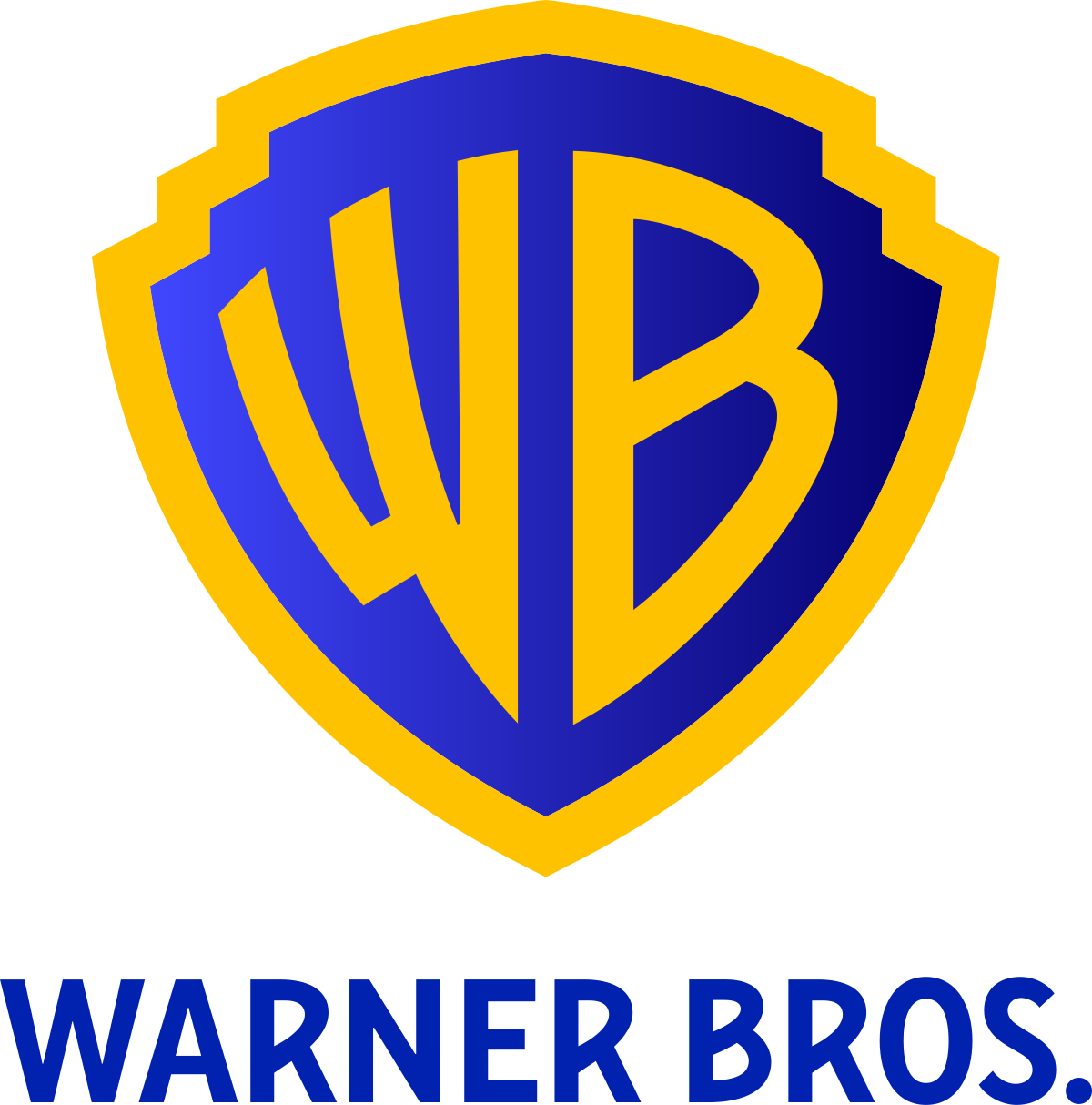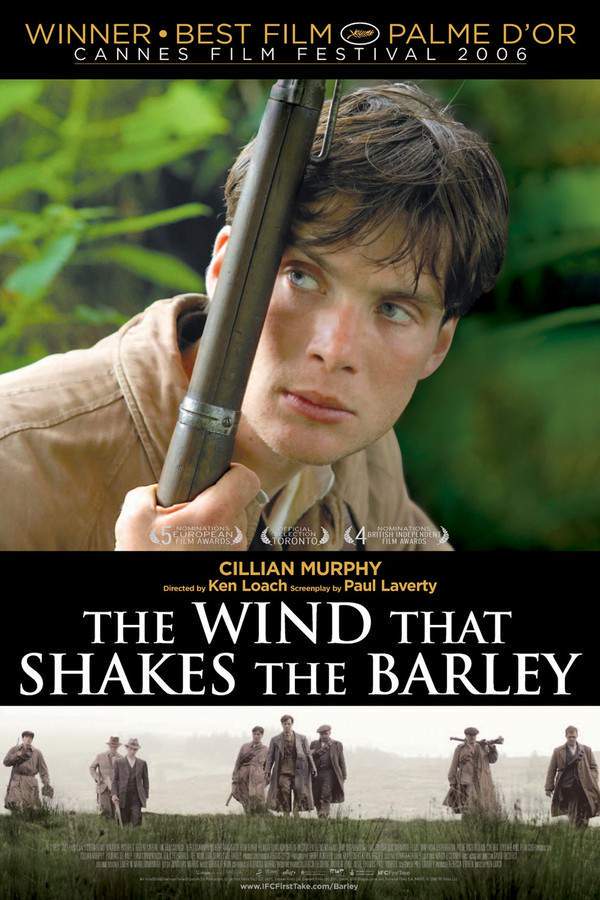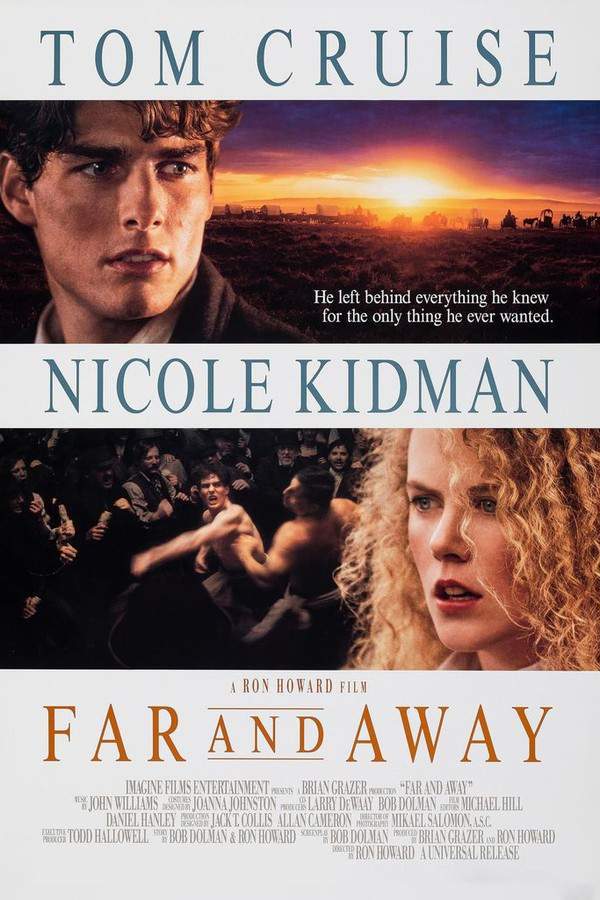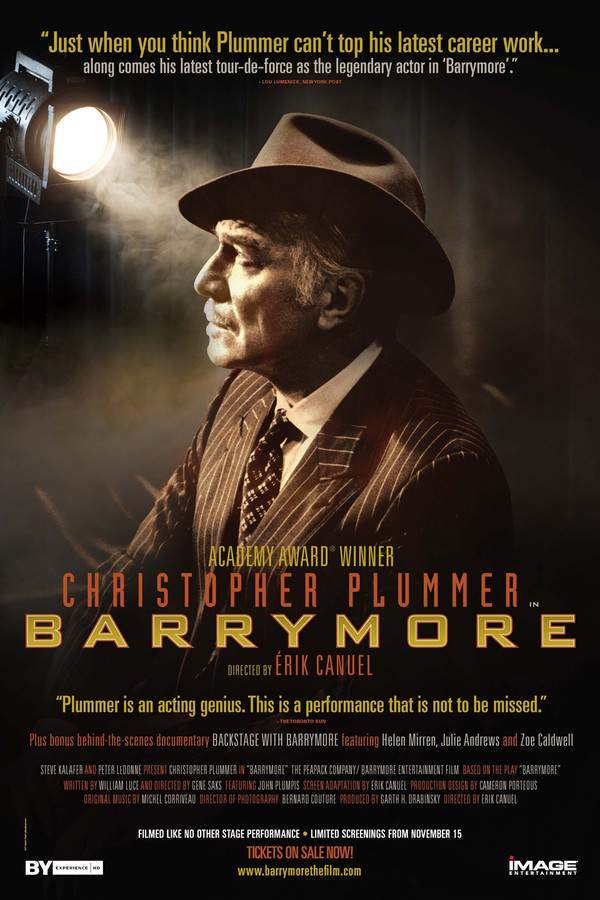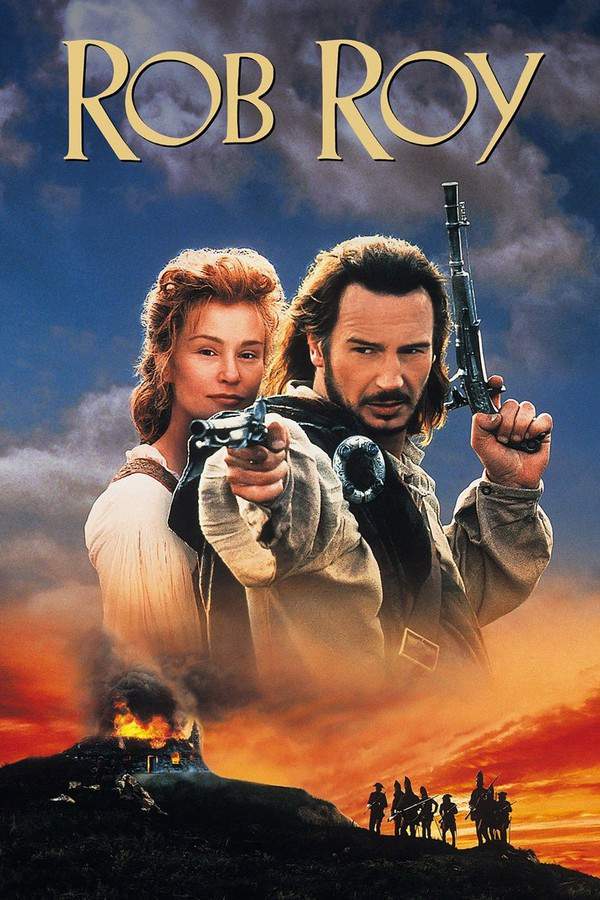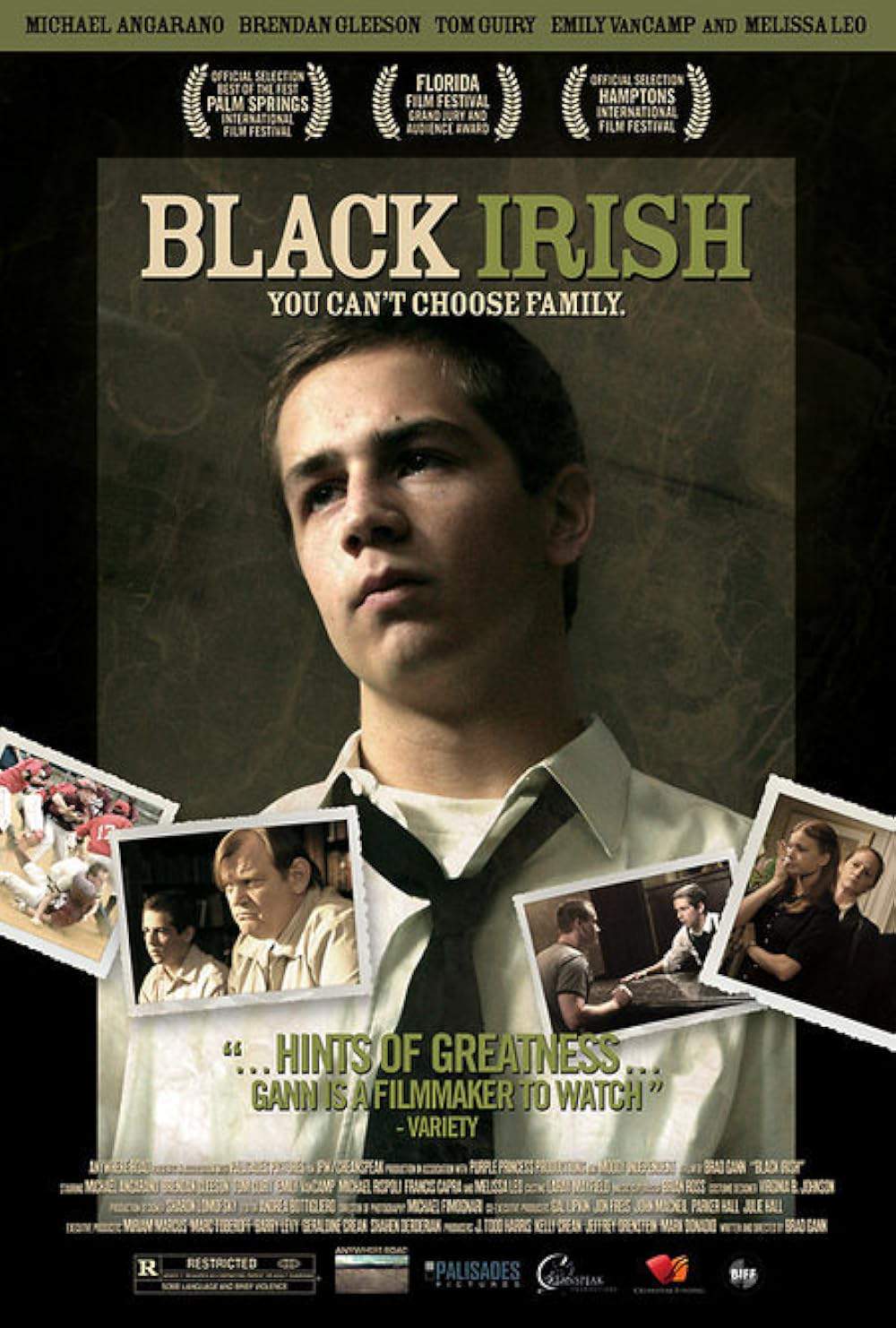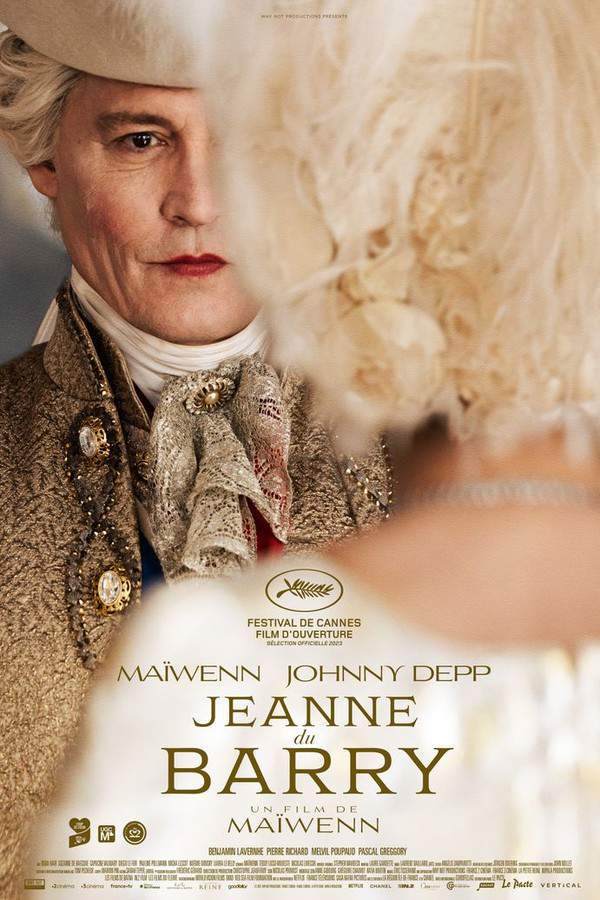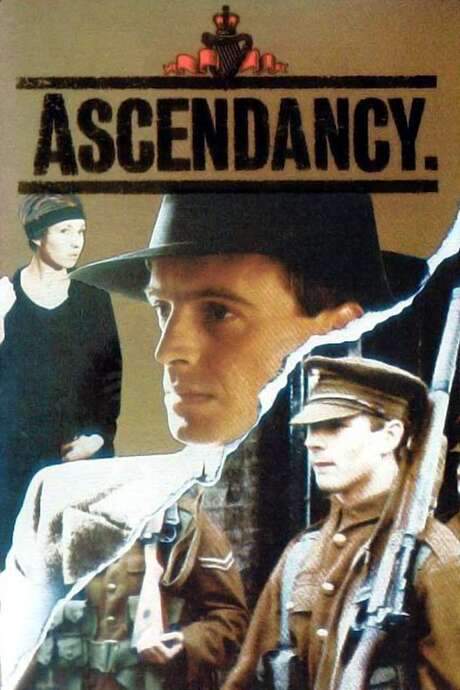Barry Lyndon 1975
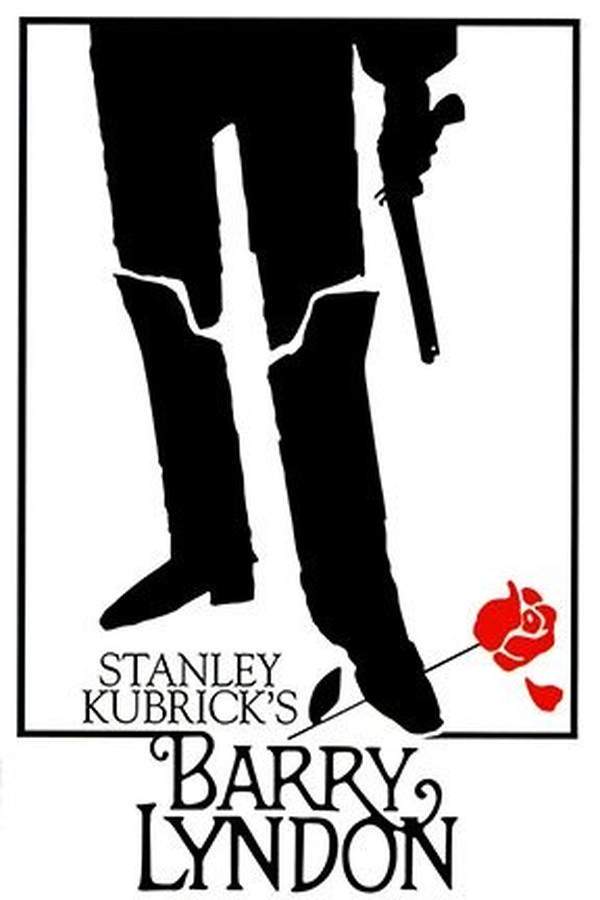
During the 18th century in England, a resourceful Irish man named Barry Lyndon experiences a dramatic ascent from poverty to the upper echelons of society. Through a combination of intelligence, deception, and fortunate circumstances, he skillfully maneuvers through the complexities of wealth and privilege. The film is a lavish adaptation of William Makepeace Thackeray’s novel, exploring themes of social climbing and the compromises made in pursuit of status and fortune.
Does Barry Lyndon have end credit scenes?
No!
Barry Lyndon does not have end credit scenes. You can leave when the credits roll.
Meet the Full Cast and Actors of Barry Lyndon
Explore the complete cast of Barry Lyndon, including both lead and supporting actors. Learn who plays each character, discover their past roles and achievements, and find out what makes this ensemble cast stand out in the world of film and television.
External Links and Streaming Options
Discover where to watch Barry Lyndon online, including streaming platforms, rental options, and official sources. Compare reviews, ratings, and in-depth movie information across sites like IMDb, TMDb, Wikipedia or Rotten Tomatoes.
Ratings and Reviews for Barry Lyndon
See how Barry Lyndon is rated across major platforms like IMDb, Metacritic, and TMDb. Compare audience scores and critic reviews to understand where Barry Lyndon stands among top-rated movies in its genre.

89
Metascore
8.6
User Score


78%
TOMATOMETER

92%
User Score

8.1 /10
IMDb Rating
Take the Ultimate Barry Lyndon Movie Quiz
Challenge your knowledge of Barry Lyndon with this fun and interactive movie quiz. Test yourself on key plot points, iconic characters, hidden details, and memorable moments to see how well you really know the film.
Barry Lyndon Quiz: Test your knowledge on the intricate life and turbulent fortunes of Redmond Barry in 'Barry Lyndon'.
What significant event sets the story of Barry Lyndon in motion?
The death of Barry's father in a duel
Barry winning a lottery
Barry inheriting a large estate
Barry moving to Dublin
Show hint
Awards & Nominations for Barry Lyndon
Discover all the awards and nominations received by Barry Lyndon, from Oscars to film festival honors. Learn how Barry Lyndon and its cast and crew have been recognized by critics and the industry alike.
48th Academy Awards 1976
Art Direction
Cinematography
Costume Design

Film Editing
Music (Original Score)
Music (Original Song Score and Its Adaptation or Adaptation Score)
Music (Original Song)
Best Picture
Sound
Writing (Screenplay Written Directly for the Screen—based on factual material or on story material not previously published or produced)
Writing (Screenplay—based on material from another medium)
29th British Academy Film Awards 1976


Best Cinematography
Best Costume Design
Best Production Design
28th Directors Guild of America Awards 1976

33rd Golden Globe Awards 1976
Best Motion Picture – Comedy or Musical

Full Plot Summary and Ending Explained for Barry Lyndon
Read the complete plot summary of Barry Lyndon, including all major events, twists, and the full ending explained in detail. Explore key characters, themes, hidden meanings, and everything you need to understand the story from beginning to end.
In Act I, titled By What Means Redmond Barry Acquired the Style and Title of Barry Lyndon, an all-knowing yet potentially unreliable narrator, voiced by Michael Hordern, recounts the turbulent life of Redmond Barry, played by Ryan O’Neal. The narrative begins in 1750s Ireland where tragedy strikes as Barry’s father is killed in a duel over a horse sale. In the absence of her husband, Barry’s mother, Belle, portrayed by Marie Kean, remains single, devoting her life to her only son.
As a young man, Barry’s infatuation with his cousin, Nora Brady, portrayed by Gay Hamilton, leads him into heartbreak. Barry is captivated during a card game, but Nora’s interest soon shifts to Captain John Quin, enacted by Leonard Rossiter. In a desperate attempt to win Nora’s affection, Barry contemptibly challenges Quin, leading to a duel where he ultimately shoots Quin. With the law on his tail, Barry flees toward Dublin but soon falls prey to a notorious highwayman named Captain Feeney, played by Arthur O’Sullivan, who robs him of his possessions.
Desperate and dejected, Barry finds himself enticed by recruitment pitches for the British Army, promising fame and monetary rewards. He enlists but soon learns from Captain Grogan, a family friend played by Godfrey Quigley, that the duel was a ruse staged by Nora’s family to rid themselves of him. Following a tragic series of events in the Seven Years’ War, Barry’s disillusionment leads him to desert the army. He cleverly dons the uniform of an officer and attempts to flee to neutral Holland, but is met by Prussian Captain Potzdorf, portrayed by Hardy Krüger, who offers him a stark choice: face execution or join the Prussian forces.
Barry becomes a reluctant soldier in the Prussian Army and earns acclaim for valor in saving Potzdorf’s life during combat. After the war, he enters a new chapter of his life serving as an undercover agent for the Prussian Ministry of Police, working for the Chevalier De Balibari, enacted by Patrick Magee. Together, they navigate the world of gambling, with Barry helping the Chevalier cheat wealthy opponents at cards. Their adventures lead to confrontations with powerful figures, including the Prince of Tübingen, played by Wolf Kahler, who falsely accuses the Chevalier of cheating, forcing Barry to intervene on behalf of his friend.
Eventually, the Chevalier is expelled from Prussia, prompting Barry to take on his identity to escape. Their escapades take them across Europe until Barry sets his sights on a wealthy future. At a lavish gambling table in Spa, he encounters the stunning Countess of Lyndon, played by Marisa Berenson. Barry’s charm leads to a courtship, and after the unfortunate demise of her elderly husband, he marries the Countess, adopting her surname.
Act II, titled Containing an Account of the Misfortunes and Disasters Which Befell Barry Lyndon, unveils a darker chapter in Barry’s life after he relocates to England, living off the wealth of his new bride. However, tensions arise with Lady Lyndon’s son, Lord Bullingdon, enacted by Dominic Savage, who harbors disdain towards Barry. This animosity escalates into a violent confrontation when Bullingdon accuses Barry of being an opportunist. Barry retaliates with abuse, leading to further family turmoil.
The marriage deteriorates as Barry’s lavish spending habits and infidelities strain the bond. The arrival of Barry’s mother shocks him, as she warns that if Lady Lyndon were to die, all wealth would pass to Bullingdon, leaving Barry and their son Bryan Patrick, played by David Morley, destitute. Desperate to secure his status, Barry tries to ingratiate himself with the elite but is shunned after a public showdown at a party where Bullingdon reveals his grudges against Barry.
Barry indulges Bryan excessively, but tragedy strikes when Bryan’s improper riding leads to a fatal accident. Grief consumes Barry, turning him to alcohol, while Lady Lyndon seeks solace through religion. The family struggles deteriorate further as Barry continues on a self-destructive path. A duel ensuing from the earlier confrontation with Bullingdon culminates in a series of events that render Barry incapacitated and homeless.
Ultimately, Bullingdon regains control of the estate, forcing Barry into a life of gambling on the European continent. With the narrator noting Barry’s journey through time, the final scene highlights Lady Lyndon as she signs an annuity check for Barry, suggesting the poignant equality of fate as they all meet their end in a world where status and wealth become meaningless. The tale of Barry Lyndon exemplifies ambition, regret, and the ephemeral nature of fortune amidst the backdrop of 18th-century strife and intrigue.
Uncover the Details: Timeline, Characters, Themes, and Beyond!

Coming soon on iOS and Android
The Plot Explained Mobile App
From blockbusters to hidden gems — dive into movie stories anytime, anywhere. Save your favorites, discover plots faster, and never miss a twist again.
Sign up to be the first to know when we launch. Your email stays private — always.
Watch Trailers, Clips & Behind-the-Scenes for Barry Lyndon
Watch official trailers, exclusive clips, cast interviews, and behind-the-scenes footage from Barry Lyndon. Dive deeper into the making of the film, its standout moments, and key production insights.
Barry Lyndon Themes and Keywords
Discover the central themes, ideas, and keywords that define the movie’s story, tone, and message. Analyze the film’s deeper meanings, genre influences, and recurring concepts.
Barry Lyndon Other Names and Titles
Explore the various alternative titles, translations, and other names used for Barry Lyndon across different regions and languages. Understand how the film is marketed and recognized worldwide.
Articles, Reviews & Explainers About Barry Lyndon
Stay updated on Barry Lyndon with in-depth articles, critical reviews, and ending explainers. Explore hidden meanings, major themes, and expert insights into the film’s story and impact.
Similar Movies To Barry Lyndon You Should Know About
Browse a curated list of movies similar in genre, tone, characters, or story structure. Discover new titles like the one you're watching, perfect for fans of related plots, vibes, or cinematic styles.
Quick Links: Summary, Cast, Ratings, More

What's After the Movie?
Not sure whether to stay after the credits? Find out!
Explore Our Movie Platform
New Movie Releases (2026)
Famous Movie Actors
Top Film Production Studios
Movie Plot Summaries & Endings
Major Movie Awards & Winners
Best Concert Films & Music Documentaries
Movie Collections and Curated Lists
© 2026 What's After the Movie. All rights reserved.


